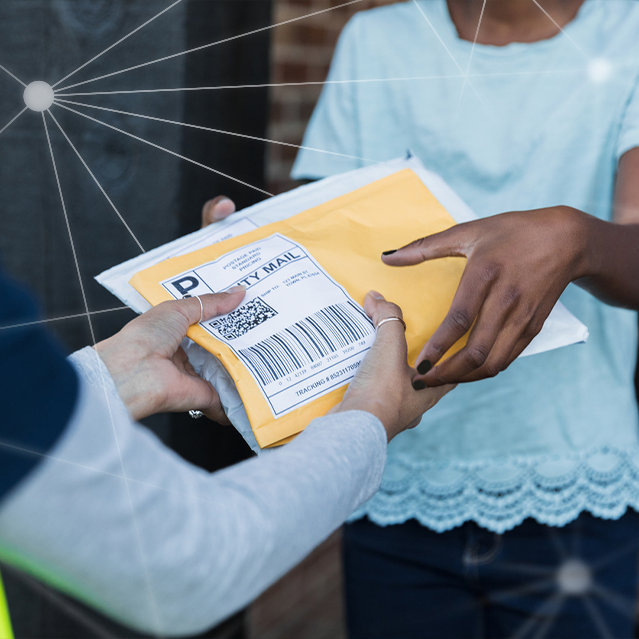Package Delivery Scams and Other Holiday Hazards

Avoid common holiday scams while shopping and receiving packages
You’re on top of it this year. You’ve figured out what holiday gifts to give to your friends, co-workers, and family. You’re ordering on-line, early enough to avoid expensive shipping. You can relax...or can you? The sad truth is that the spike in holiday shopping activity increases scamming activities as well. Here are some cons to watch out for.
Package Delivery Scams
It’s helpful to be notified of upcoming deliveries, however, some of these announcements may be phishing scams. The fake notification emails or texts often use a legitimate retailer or shipper’s name and logo to trick you into opening the email. If you get an unexpected package-delivery email, remember:
- Delivery services don’t need personal information to deliver your items.
- You are not required to pay money to receive your package. If there are shipping charges, you paid for them when you made your purchase.
- Most online vendors provide tracking information for your packages via your account on their website. You don’t need to re-verify anything for the shipper. In particular, don’t fall for emails asking you to download an “important document,” because it’s almost certainly malware.
Imposter Websites
During the holiday shopping season you’ll see a lot of email alerts announcing deals, gifts with purchase, and sales. Some may be phishing emails designed to look like offers from legitimate retailers. Scam emails like this try to lure you to retailer imposter websites and then trick you into entering private information or downloading malware onto your computer. Look for clues such as misspellings to tell you whether the offer is legit, and, as always, if it seems too good to be true, it probably is.
Social Media Gift Exchange
It seems harmless: purchase and give one gift and receive several, so everybody benefits. Right? This seasonal scam is an illegal pyramid scheme and should be avoided.
Unusual Forms of Payments
When paying for your online purchases, be wary of requests for unusual forms of payment, including prepaid debit or gift cards, wire transfers, Western Union, or cryptocurrency. These payment requirements can be a sign of a scam, and even if the seller is legitimate, none of these methods can be cancelled or reversed if there are problems with your order. If you are still concerned, credit monitoring can help you stay alerted in case your information ends up in the wrong hands.
The final holiday scam to watch for is porch piracy. Every year, too many gifts are stolen from front doors and mailboxes before they can even be wrapped. So, after you’ve done your online shopping, and before you settle in with a cup of cheer to congratulate yourself, study up on ways to protect package deliveries. Mindful shopping and cautious receiving will help ensure that your holiday joy isn’t marred by Grinchy porch pirates and greedy identity thieves.
About IDX
We're your proven partner in digital privacy protection with our evolving suite of privacy and identity products.




